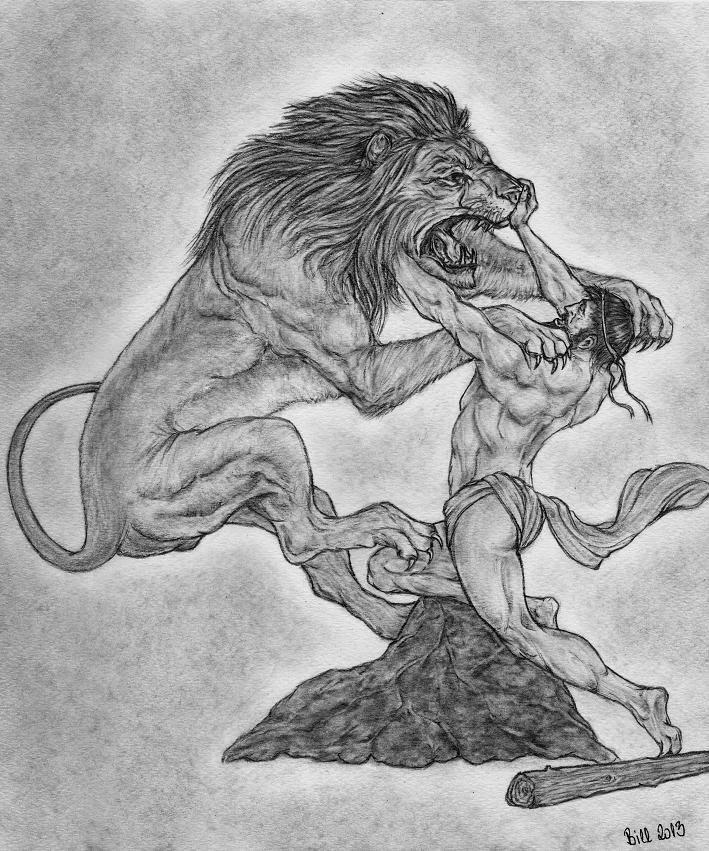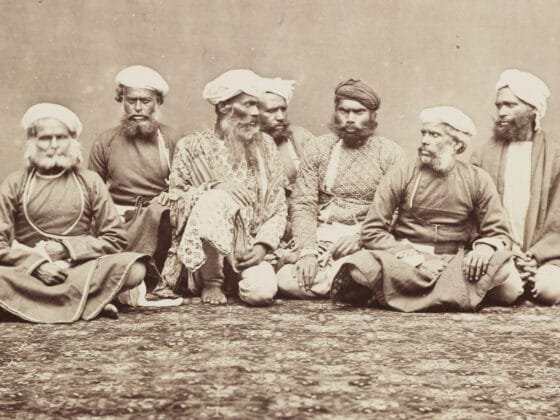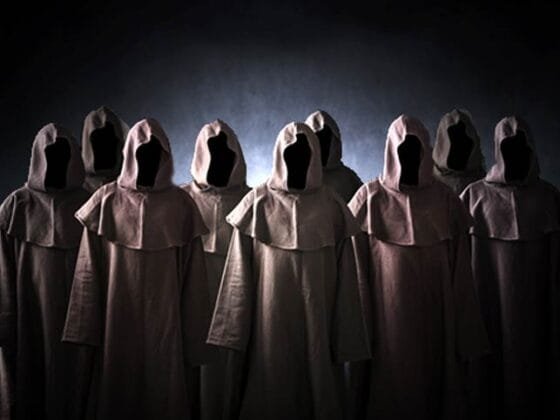Hercules’ Slaying of His Family Was a Message to Us from the Greeks
We all have heard true crime stories where one of the members murder the entire family out of madness, vengeance, rage or a fit of violence. Surely there are a number of psychological factors that make the murderer commit such a vicious act. After the trial takes place and the case is solved we find that the cause was bad biochemistry, defective neurology, faulty genes, childhood trauma etc. However, there are a few rare cases where the cause remains a mystery.
Have you heard about the Amityville mass murder case? A guy named Ronald DeFeo Jr. killed his entire family: father, mother, two sisters and two brothers in Amityville, Long Island, New York. Though he’s been convicted for the mass murder the police could never find the accurate reason for the crime. He himself has claimed different things regarding the whole situation in different interviews. Furthermore, it’s not confirmed if he’s the one who killed all six members or if someone else was also involved in the crime.
The whole case is a total mystery even though the murderer was found guilty. However, did you know that Greek mythology had already depicted this human psychological turbulence? Yes, you heard right! The Greek divine hero Hercules was also found guilty of such a vicious act. He is one of the popular and loved Greek mythic heroes. His courage, strength and intelligence are legendary and were admired in ancient Greek culture. And yet, he committed this evilest act. Yes, he slaughtered his wife and children while they were asleep.
It is believed that he did this in a fit of murderous rage and madness cast upon him by the goddess Hera. However, in cases where no cause of the murder is found, the blame is usually placed on evil, demons or gods. Even the Amityville case has the same stamp as it is believed that there was some evil entity in that house which forced Ronald DeFeo Jr. to kill his family one by one. He himself has said in many of his interviews that he was hearing voices in his head that made him do the act.
For the sake of personal responsibility, such veracious acts of madness caused by gods or demons were crucial issues for Greeks. Just like Ronald DeFeo Jr.’s case today, Greeks also posed the same questions of concern for Hercules’ case such as was he really a victim of supernatural powers? Was it because of Hera’s spell that blurred out his sanity? Or was he entirely responsible for the deed due to some mental trauma? These same questions of concern are relevant for Ronald DeFeo Jr. also.
Even though Hera was believed to be behind Hercules’ deed, he was nevertheless forced to repent. He was required to complete twelve impossible tasks which we know as the twelve labours of Hercules. It is similar to today’s situation where murderers are put to psychiatric hospitalization, imprisonment or execution. Hercules, through his twelve labours, would learn to control his anger and rage to eliminate the evil within him. Moreover, these hard labours would also work as his repentance as he would suffer and probably would get killed, either way, he deserved that.
Furthermore, there is a psychological significance to Hercules’ twelve labours that is quite relevant to our time. The article will take you through two of the labours. His first labour was to fight with the Nemean lion which was a very large and fierce creature. Even Hercules’ powerful bow could not pierce its impervious skin. What’s more interesting is that he had to kill the creature with his bare hands.
Hence, he would have to rely on his physical strength, brute force and courage. Were you aware that cats have basic daimonic instincts or drive sexuality, power, and aggression? Fighting with the lion means Hercules would harness his copious aggression, anger and rage to get rid of the evil. As expected he succeeded in his first task and put on the lion’s armour as a protection from the upcoming encounters.
Psychologically speaking, when we overcome and confront a difficult inner and outer challenge in our life, we feel empowered. And the experience makes us confident and provides courage which helps us in future ventures. Nietzsche has rightly said what does not destroy me builds me up. Hercules, after completing this first labour moves the first step towards his redemption.
His second labour was to fight the dreadful Hydra. It was a venomous serpent creature with nine hissing heads. Interestingly when Hercules would chop off one of its heads, two new would grow in its place. He realized that cauterizing the wound would stop the heads from regenerating. That’s what he did and defeated the creature.
However, its central head was immortal. So, Hercules had to bury the head under a gigantic stone so that the creature remained decommissioned. This signifies that evil cannot be completely destroyed. Thus, can only be controlled or contained. Again, after being a victor, he dipped his arrow in Hydra’s venomous blood to use it in his further venture.

Some of the myths have mentioned that Hercules dipped his arrow with the dead creature’s gall and bile which is linked to madness, anger, rage and resentment. Thus, Hercules turned the daimonic toxicity of Hydra into a power he could use for good against evil. This same mythological motif has also been used in the story of Persues and Medusa whose blood gave birth to a beautiful white-winged horse Pegasus. Above all, he kept Medusa’s head to use as a weapon against evil.
Coming back to Hydra, its blood or bile can be regarded as toxic anger. Upon consciously confronted, understood, admitted, grasped and controlled, the rage and resentment, can alchemically be transformed into positive energy. Positive energy simply means healthy aggression, power, strength and determination and without this, one cannot conquer challenges similar to Hydra.
For our growth and survival as humans, we need to have such valiant strength, stamina and courage in different ways. We all face Herculean labours (difficult challenges, obstacles, impossible tasks) at particular times in our lives. And, this greatest Greek hero has enlightened us, the modern humans on the deepest learnings through his labours.
Thus, even though myths and legends seem gone from this metropolitan age, the ancient Greeks are unparalleled in creating amazing tales which continue to endure the test of time. And, what exactly did Greeks try to teach us through Hercules’s twelve labours? Did you notice that Hercules was not held for punishment but rather for penance?
Due to Hercules’ good reputation and behaviour, the authority of the time (gods) were probably certain Hera was the real cause of his violent act, and so he slaughtered his family due to mental instability. Considering this aspect, they put him on penance instead of punishment so that he could be free from his guilt. This is totally relevant today with such criminal cases. The culprits are put into psychiatric hospitals where certain mental and physical activities are imposed on them with the same purpose.

Also, most of us feel guilty when we do something wrong and try to make up for it. Penance differs from punishment in that it imposes a penalty upon the offender for his or her crime, whereas punishment is a type of punishment that is imposed on the offender; penance, however, involves ourselves and bears a meaningful level of suffering and pain that should prove more effective than punishment at preventing the offender from committing the same wrongdoing again – as seen in the story of Hercules and his 12 Healing Labours.

 Add to favorites
Add to favorites








